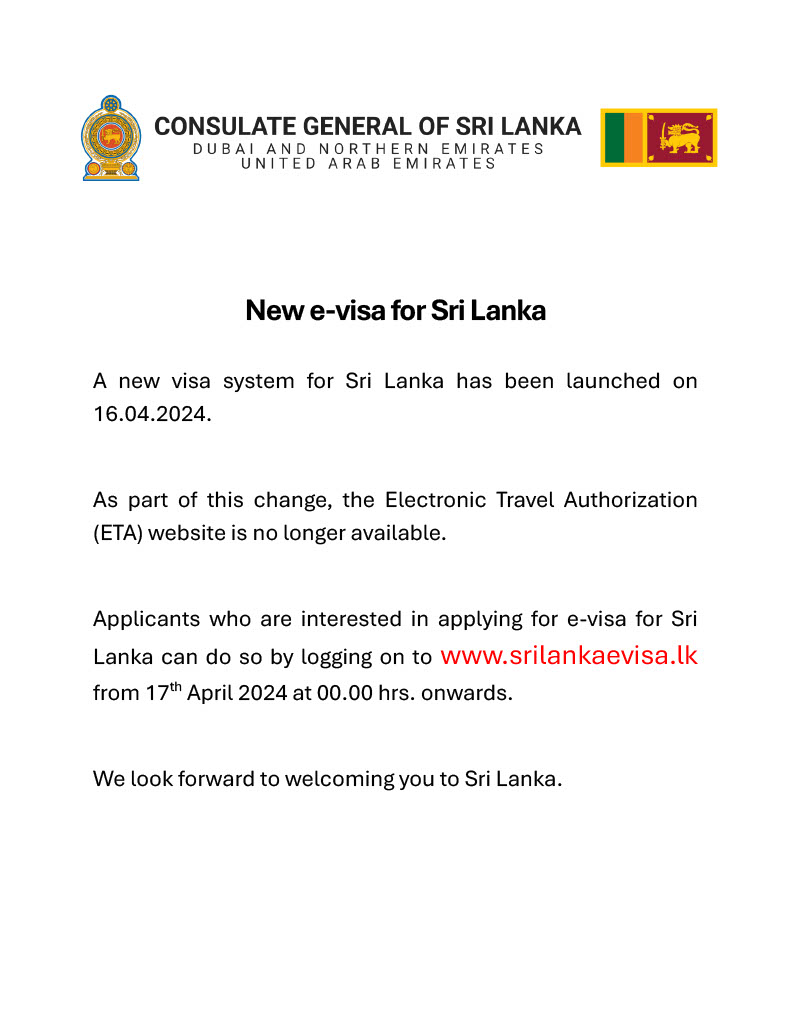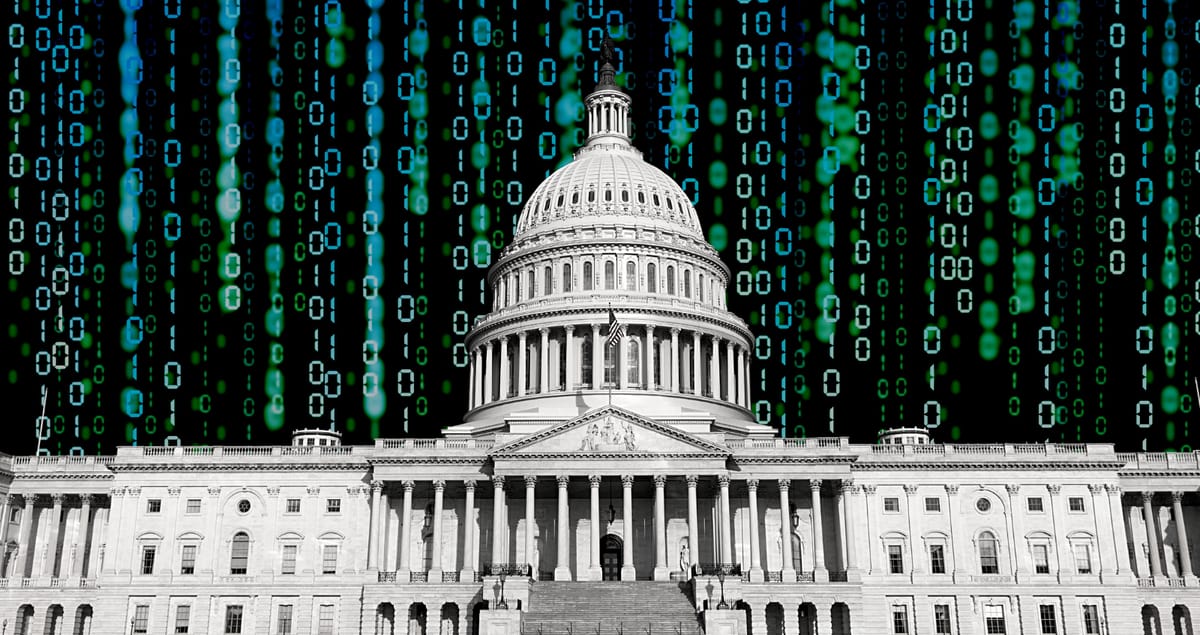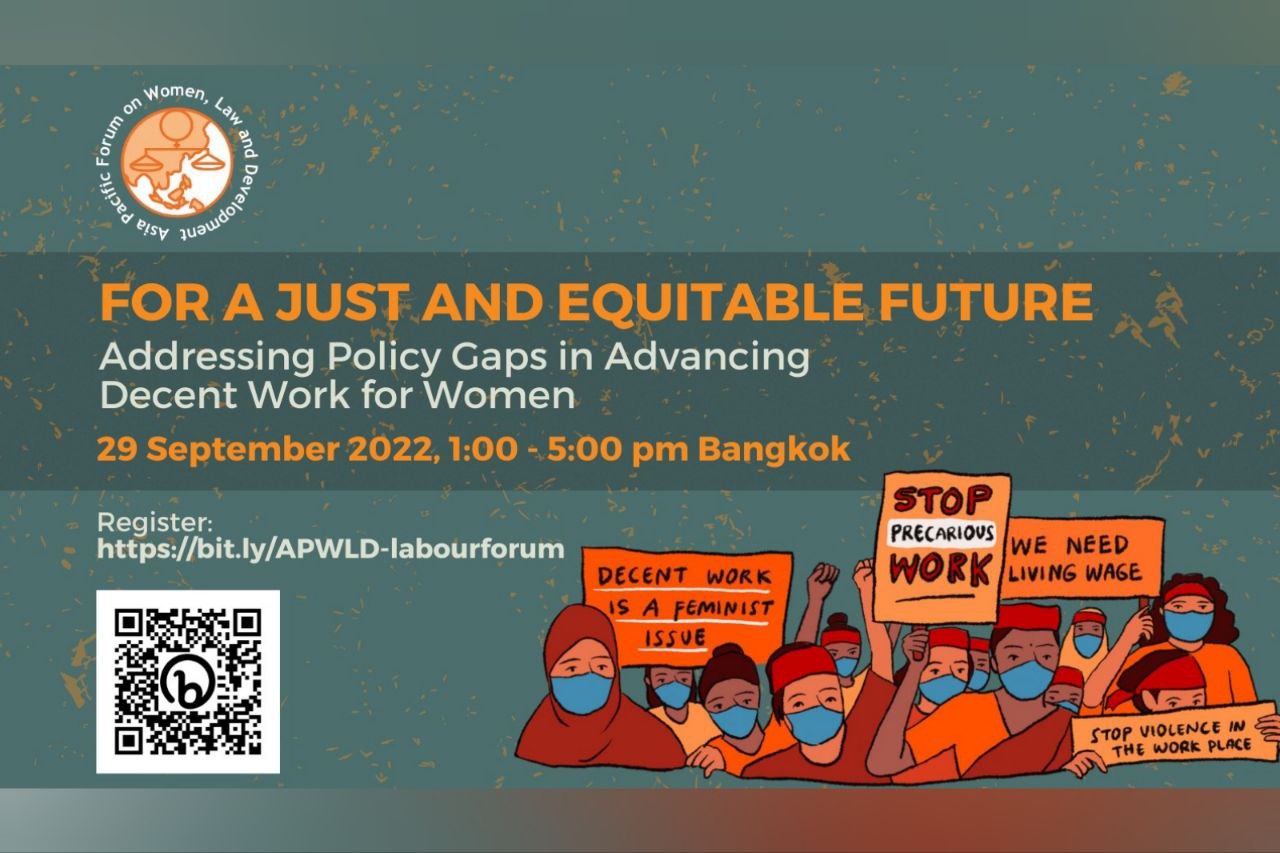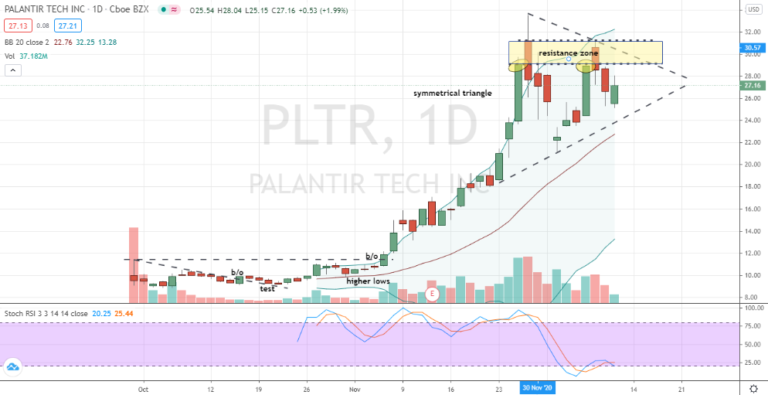New UK Visa Restrictions: Concerns For Pakistan, Nigeria, And Sri Lanka Applicants

Table of Contents
Increased Scrutiny and Documentation Requirements for UK Visa Applications
The tightened UK visa restrictions manifest in significantly increased scrutiny and a heavier demand for supporting documentation. This affects applicants from Pakistan, Nigeria, and Sri Lanka differently, but the common thread is a more rigorous application process.
Pakistan: Heightened Financial Proof Requirements
Pakistani applicants now face significantly increased demands for financial proof. This poses considerable challenges, particularly for those from less affluent backgrounds.
- Increased documentation requirements: Applicants are now required to provide detailed bank statements spanning several months, proof of assets, and sometimes even evidence of family support.
- Impact on family reunification visas: The stricter financial requirements make it harder for Pakistani families to reunite in the UK, with many struggling to meet the stringent thresholds.
- Difficulties in meeting new standards: The complexity of the new documentation requirements, coupled with potential bureaucratic hurdles in obtaining necessary documents in Pakistan, adds significant delays and stress to the application process.
- Rejection rates: While precise figures are difficult to obtain, anecdotal evidence and reports from immigration lawyers suggest a noticeable rise in visa application rejection rates for Pakistani applicants.
Nigeria: Stricter Student and Skilled Worker Visas
Nigerian applicants are experiencing stricter rules, especially concerning student and skilled worker visas.
- Increased English language proficiency requirements: Higher IELTS or TOEFL scores are now demanded, potentially excluding qualified candidates who narrowly miss the higher benchmarks.
- Stricter academic credential verification: The UK government is implementing more thorough checks on academic qualifications obtained in Nigeria, adding to processing times.
- Impact on skilled worker visas: The increased scrutiny extends to skilled worker visas, making it harder for Nigerian professionals to secure employment opportunities in the UK. This includes more rigorous assessments of job offers and employer legitimacy.
- Increased application processing times: The added scrutiny and verification steps lead to significantly longer processing times, creating uncertainty and delays for applicants. Data on specific increases in processing times for Nigerian visa applications is currently unavailable from official sources, highlighting a lack of transparency.
Sri Lanka: Obstacles for Work Permits and Skilled Migration
Sri Lankan professionals seeking employment in the UK face significant obstacles under the new UK visa restrictions.
- Challenges in securing work permits: The new rules make it harder for Sri Lankan professionals to meet the eligibility criteria for work permits, particularly in specialized fields.
- Potential consequences for skilled migration: These stricter rules impede skilled migration from Sri Lanka, impacting both individual career prospects and the broader Sri Lankan economy.
- Impact on the Sri Lankan economy: The reduced opportunities for skilled Sri Lankan workers to find employment in the UK negatively impacts remittances sent back home and limits the potential for future collaborations and knowledge transfer.
- Acceptance rates: While official data on Sri Lankan visa application success rates is limited, available reports indicate a decline coinciding with the implementation of these stricter regulations.
Impact on Skilled Workers and Professionals
The tightened UK visa restrictions disproportionately affect highly skilled professionals from Pakistan, Nigeria, and Sri Lanka. This hinders their ability to contribute to the UK economy and creates a significant loss of potential talent.
- Specific professions affected: The impact is felt across various sectors, including technology, medicine, engineering, and finance, impacting the potential contribution of highly-skilled professionals.
- Loss of potential economic benefits to the UK: Restricting access for skilled workers deprives the UK of valuable expertise and innovation, potentially slowing economic growth.
- Impact on international collaboration: The stricter visa policies discourage international collaborations between UK institutions and professionals from these countries, limiting knowledge exchange and innovation.
- Skilled worker visa issuance: While precise data is often unavailable for reasons of national security, reports suggest a significant decrease in skilled worker visas issued to individuals from these three countries compared to previous years.
Concerns about Fairness and Transparency in the UK Visa Application Process
Concerns remain about fairness and transparency within the UK visa application process, particularly regarding potential biases and inconsistencies in decision-making.
- Reported inconsistencies: Applicants often report inconsistencies in the application process, with similar applications receiving different outcomes without clear explanations.
- Lack of clear and accessible information: The lack of easily accessible and comprehensive information about the new rules further complicates the process and amplifies existing anxieties.
- Calls for greater transparency and accountability: Advocacy groups and immigration lawyers are calling for greater transparency and accountability in the decision-making process to ensure fairness and equity.
- Relevant reports and advocacy groups: Several organizations, including human rights groups and immigration law firms, are actively monitoring the situation and publishing reports detailing their concerns regarding bias and lack of transparency.
Alternative Pathways and Resources for UK Visa Applicants
Despite the challenges posed by the new UK visa restrictions, alternative pathways exist for obtaining a UK visa.
- Sponsorship schemes: Some employers offer sponsorship for skilled workers, bypassing some of the general restrictions.
- Specific visa categories: Certain visa categories, such as investor visas or those related to specific research projects, may be less affected by the recent changes.
- Official UK government websites: The UK government's website provides detailed information on various visa categories and application procedures. (Link to relevant UKVI website)
- Immigration lawyers: Consulting with an immigration lawyer specializing in UK visa applications can be invaluable in navigating the complex procedures.
Conclusion
The tightened UK visa restrictions present considerable challenges for applicants from Pakistan, Nigeria, and Sri Lanka. The increased scrutiny and documentation demands disproportionately affect skilled professionals and families, hindering individual aspirations and economic contributions. Navigating these new regulations requires meticulous preparation, a thorough understanding of the specific requirements for each visa category, and potentially professional legal advice. To learn more about the specifics of these UK visa restrictions and how they affect you, refer to official UK government sources and consult with immigration lawyers if needed. Understanding the nuances of these changes is vital for successful application.

Featured Posts
-
 Europa League Preview Brobbeys Strength A Key Factor
May 10, 2025
Europa League Preview Brobbeys Strength A Key Factor
May 10, 2025 -
 Open Ai Facing Ftc Investigation Analyzing The Potential Consequences
May 10, 2025
Open Ai Facing Ftc Investigation Analyzing The Potential Consequences
May 10, 2025 -
 Elizabeth Line Accessibility Addressing Wheelchair User Gaps
May 10, 2025
Elizabeth Line Accessibility Addressing Wheelchair User Gaps
May 10, 2025 -
 Is Palantir Stock A Good Buy Before May 5th Weighing The Risks And Rewards
May 10, 2025
Is Palantir Stock A Good Buy Before May 5th Weighing The Risks And Rewards
May 10, 2025 -
 Analyzing Brobbeys Impact A Europa League Perspective
May 10, 2025
Analyzing Brobbeys Impact A Europa League Perspective
May 10, 2025
